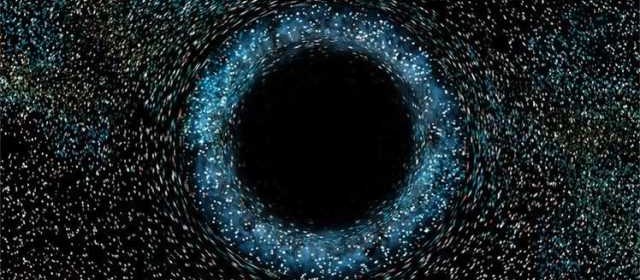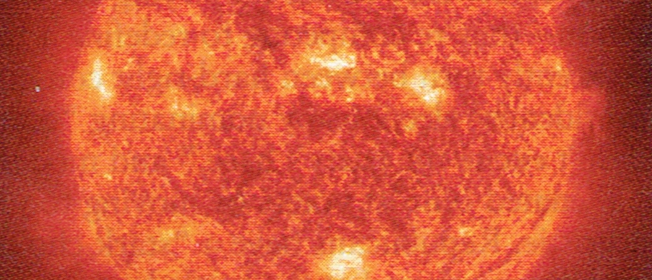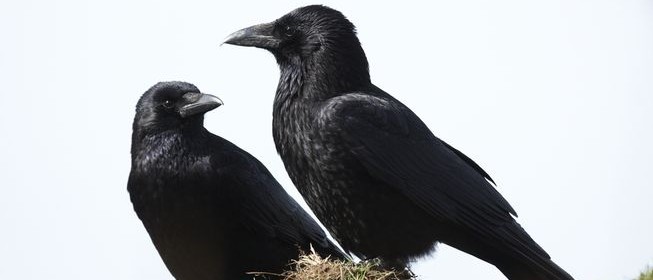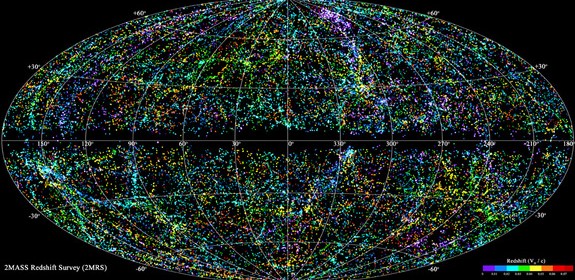Turning walks into watts

The average human being generates about eight watts of energy with each step, most of which is expended as vibration. It may not sound like much, but take the 30,000 or more people who pass through a major-city subway hub at rush hour, and suddenly you’ve got serious power. That’s usually a problem for architects and engineers, who have to […]
Read more








